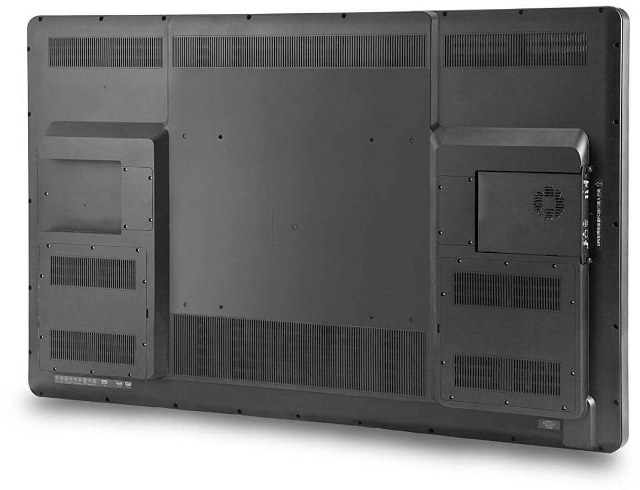Zidoo is known for their Arm based Android TV boxes targeting the consumer market, but the company also runs ZidooLab for the B2B market, and especially digital signage application, which may explain why they release a digital signage SDK a while ago.
The company can customize hardware and software for their customer’s needs, but what caught my intention is that they have Arm based digital signage players that comply with OPS (Open Pluggable Specification) that was first released by Intel in 2010, and defines electrical, mechanical and thermal specifications of OPS compliant devices which are meant to be plugged into compliant monitors.

ZidooLab has currently two Android OPS hosts: A1 & A2 that share most of the same specifications, except for the processor, and some I/Os:
- SoC
- A1 – Rockchip RK3368 octa-core Cortex A53 processor up to 1.5 GHz, PowerVR G6110 GPU
- A2 – Realtek RTD1295 quad core Cortex A53 processor, Arm Mali-T820MP3 GPU
- System Memory – 2GB DDR3
- Storage – 16GB eMMC flash, micro SD slot
- Connectivity – Gigabit Ethernet, optional? WiFi and Bluetooth
- Video Input (A2 only) – HDMI input
- USB
- A1 – 4x USB 2.0 host ports
- A2 – USB 2.0 and USB 3.0 ports
- OPS Interface – 80-pin OPS JAE connector
- Misc – IR Emitter port, power button, LEDs, recovery pinhole
- Power Supply – 12V-19V/2A (as per OPS)
- Dimensions – 180 x 119 x 30mm (as per OPS)

Customers who don’t need to use OPS host can instead run their digital signage application in Zidoo X8 or X9S. I could not find much details about software support, except they provide their own SDK to allow customers/partners to developer their own app using HDMI input, set rotation, adjust layout and so on. THere’s no default digital signage software for layou design, fleet management, etc, so this would have to be custom-designed, or integrated by yourself or Zidoo with your current management system.
It’s not the first time Arm based OPS digtial signage players have been launched, but ZidooLab product may be more competitive than the NXP i.MX 6 based OPS products we’ve previously covered.

Jean-Luc started CNX Software in 2010 as a part-time endeavor, before quitting his job as a software engineering manager, and starting to write daily news, and reviews full time later in 2011.
Support CNX Software! Donate via cryptocurrencies, become a Patron on Patreon, or purchase goods on Amazon or Aliexpress




